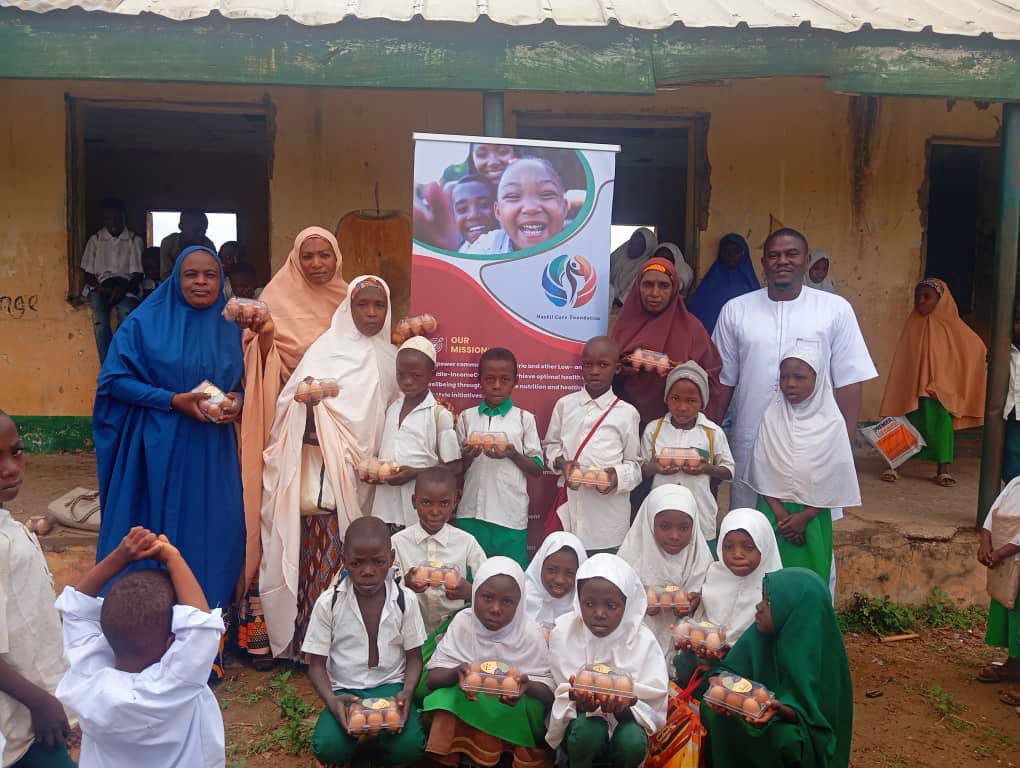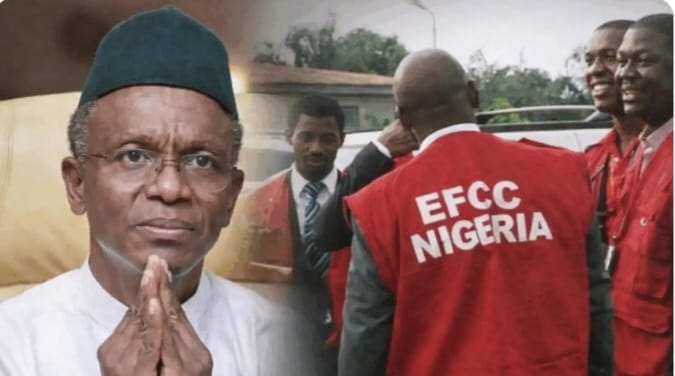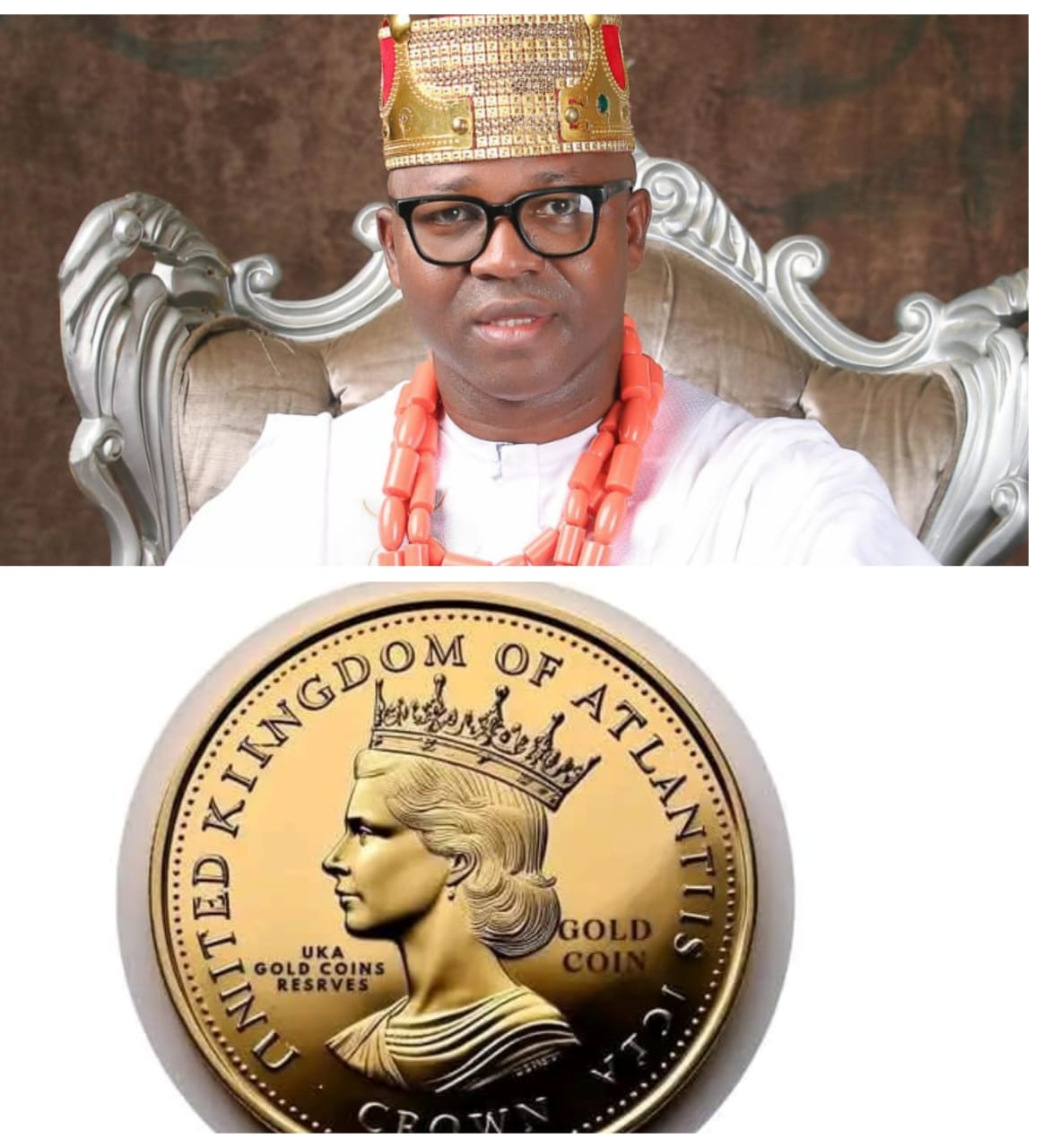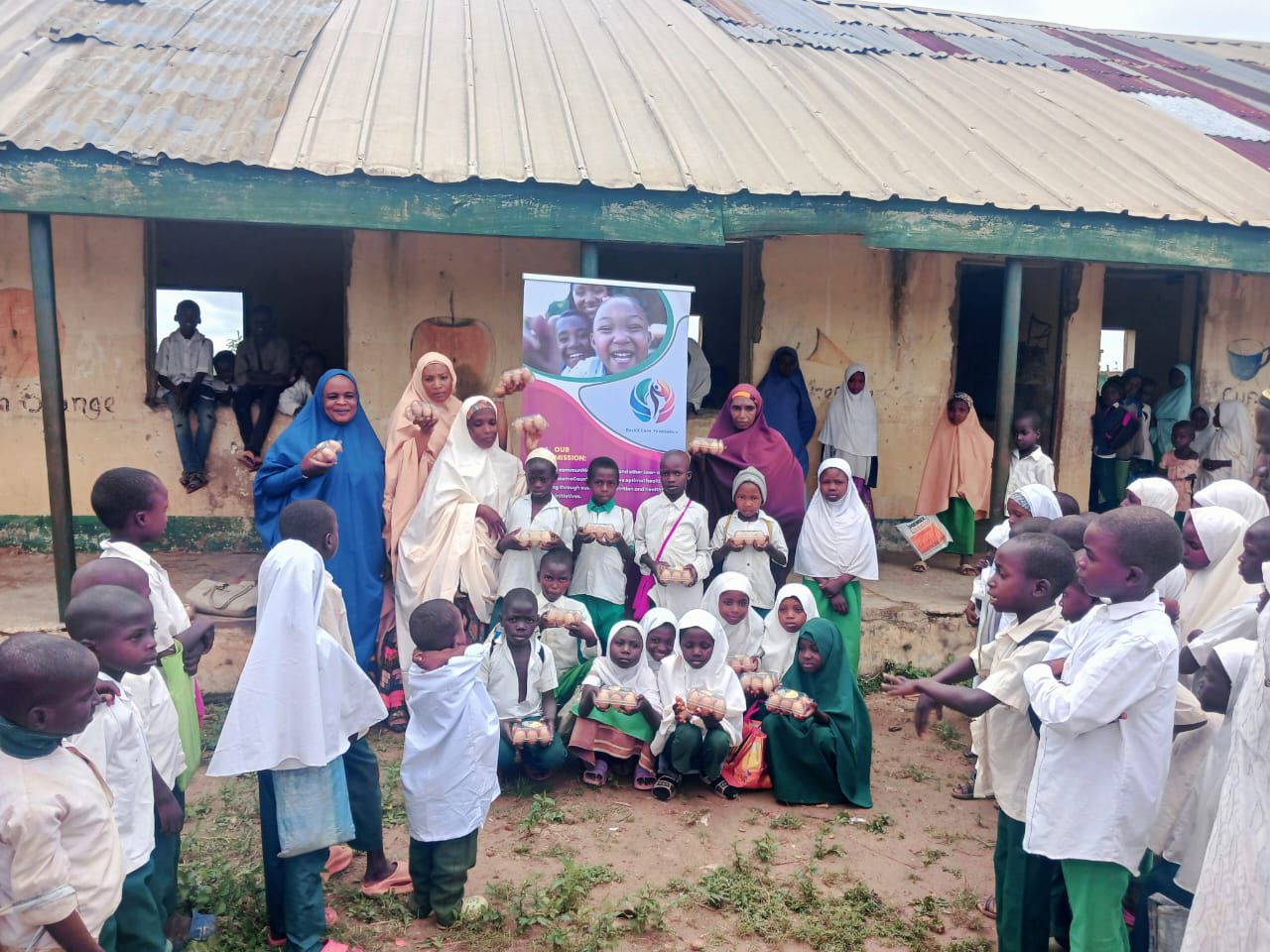society
HASBIL CARE FOUNDATION SPREADS HOPE WITH EGG DISTRIBUTION TO NOMADIC PRIMARY SCHOOL STUDENTS IN KADUNA

HASBIL CARE FOUNDATION SPREADS HOPE WITH EGG DISTRIBUTION TO NOMADIC PRIMARY SCHOOL STUDENTS IN KADUNA
In a heartwarming initiative aimed at uplifting the nutritional standards of children, Hasbil Care Foundation, led by its dedicated chairman Dr. Muiz Bakare, has successfully distributed eggs to students of Nomadic Primary School in Birnin Yero, Igabi Local Government Area, Kaduna.
In a statement made available to journalists on Monday, Dr. Bakare emphasized the foundation’s commitment to giving back to society, declaring it a top priority. “We believe that every child deserves access to nutritious food, and we are dedicated to making a positive impact on the lives of the masses,” he stated.
The distribution of eggs, a highly nutritious food source, underscores the foundation’s mission to enhance children’s health and well-being. Eggs are known to provide numerous benefits, including high-quality protein, improved brain health, support for eye health, and a reduced risk of egg allergies. Dr. Bakare remarked, “This initiative is not just about providing food; it is about nurturing the future of our children and ensuring they have the resources they need to thrive.”
Dr. Bakare further highlighted that this event marks only the beginning of a broader project that aims to extend its reach globally. “We are committed to expanding our efforts and reaching more communities in need. Our vision is to create a world where every child has access to the nutrition they deserve,” he added.
The Hasbil Care Foundation’s generous gesture has not only brought joy to the students of Nomadic Primary School but has also set a commendable example for other organizations and individuals to follow. As the foundation continues its mission, it stands as a beacon of hope and a testament to the power of philanthropy in transforming lives.
With the ongoing commitment of Dr. Muiz Bakare and the Hasbil Care Foundation, the future looks brighter for countless children in Kaduna and beyond.
society
El-Rufai Turns 66 in EFCC Custody

El-Rufai Turns 66 in EFCC Custody
By George Omagbemi Sylvester | Published by SaharaWeeklyNG
“Former Kaduna governor questioned over ₦432 billion corruption probe as cybercrime charges loom.”
Former Kaduna State governor Nasir El-Rufai spent his 66th birthday in the custody of Nigeria’s anti-graft agency, the Economic and Financial Crimes Commission (EFCC), after hours of interrogation over an alleged multibillion-naira corruption probe tied to his eight-year tenure in office.
The development, which unfolded in Abuja on Monday, February 17, 2026, marks one of the most dramatic political moments in recent Nigerian history, as a former federal minister and influential northern political figure now finds himself at the centre of parallel corruption and cybercrime investigations.
According to multiple reports, El-Rufai arrived at the EFCC headquarters in the Jabi district of Abuja around 10 a.m. in response to an official invitation issued by the commission. After hours of questioning, he was detained overnight as investigators sought more time to interrogate him over alleged financial misconduct amounting to about ₦432 billion.
The probe stems primarily from a 2024 report by the Kaduna State House of Assembly, which accused his administration of mismanaging public loans, violating due process in contract awards and leaving the state with a heavy debt burden.
Investigators are said to be focusing on alleged diversion of funds, money laundering, and the accumulation of debts considered unjustified by lawmakers.
An EFCC source indicated that the former governor was grilled for about eight hours before the agency obtained a court order to keep him in custody for further questioning.
His media aide, Muyiwa Adekeye, confirmed the detention, stating that El-Rufai honoured the invitation and remained with investigators after what he described as a “frank and fruitful interaction” with officials.
The central institutions in the unfolding case are the EFCC, which is investigating alleged financial crimes, and the Department of State Services (DSS), which has filed separate criminal charges.
The EFCC investigation was triggered by petitions and the Kaduna Assembly’s findings, which alleged that loans obtained during El-Rufai’s tenure between 2015 and 2023 were either misapplied or executed without due process.
The anti-graft agency subsequently invited the former governor in December 2025 as part of the ongoing probe.
Parallel to the corruption investigation, the DSS filed a three-count cybercrime charge at the Federal High Court in Abuja, alleging that El-Rufai unlawfully intercepted the private communications of National Security Adviser Nuhu Ribadu.
The charge reportedly arose from statements the former governor made during a television interview in which he claimed that the NSA’s phone had been bugged.
Authorities argue that such an act, if proven, would constitute a serious breach of Nigeria’s cybercrime and communications laws and a threat to national security.
The timing of the detention, coinciding with El-Rufai’s birthday, triggered strong political reactions across Nigeria. Former Vice President Atiku Abubakar publicly congratulated him, describing him as “a man of courage and intellect” amid what he called political persecution.
Supporters also gathered around the EFCC headquarters, with reports of protests and clashes with security personnel.
Meanwhile, his son, Bello El-Rufai, a member of the House of Representatives, praised his father’s record as a reformist administrator, framing the detention as a test of character rather than a stain on his legacy.
Available accounts suggest a sequence of events beginning with an EFCC invitation, followed by his appearance at the commission’s headquarters, prolonged interrogation and eventual detention pending further investigations or possible arraignment.
Sources indicate the probe has been ongoing for about a year before the former governor was summoned.
The case is being closely watched for its potential impact on Nigeria’s anti-corruption drive and political stability. El-Rufai is not only a former governor but also a former Minister of the Federal Capital Territory and a key figure in northern political circles.
Anti-corruption scholars have long argued that the credibility of any anti-graft campaign rests on its impartiality. As Nigerian political economist Pat Utomi once observed, “The true test of a nation’s integrity is whether the law applies equally to the powerful and the powerless.”


Similarly, former World Bank president James Wolfensohn famously warned that corruption “diverts resources from the poor to the rich, increases the cost of running businesses, and distorts public expenditures.”
Those principles now frame the public debate around the El-Rufai case: whether the investigation represents genuine accountability or a politically charged confrontation.
As of the time of reporting, El-Rufai remains in EFCC custody, with investigators expected to decide whether to file formal charges in court. The outcome could set a major precedent for how Nigeria handles corruption allegations against former state governors.
For now, the image of a once-powerful political figure marking his birthday inside an anti-graft detention facility underscores the unpredictable nature of power in Nigeria’s evolving political landscape and the enduring question of whether accountability will truly become a national norm.
society
Carry‑On Chaos: Travelers Clash Over Tightened Size Rules in 2026

Carry‑On Chaos: Travelers Clash Over Tightened Size Rules in 2026
By George Omagbemi Sylvester | Published by SaharaWeeklyNG
“As airlines worldwide strictly enforce carry‑on dimensions, social media erupts, passengers incur surprise fees, and industry experts warn that confusion and inconsistent policies are straining the travel ecosystem.”
A growing storm of discontent has erupted across social media platforms, particularly on TikTok, as air travelers from the United States to Europe and beyond grapple with the tightening of carry‑on luggage size enforcement in 2026. What began as a viral video warning about changing baggage measurements has ballooned into a widespread debate over airline policies that many passengers say are opaque, inconsistent and financially punitive.
The spark was a clip shared by TikTok user karenschaler, a screenwriter and travel enthusiast, urging fellow flyers to reexamine their carry‑on bags before their next trip. She insisted that “so many carry‑on bags that used to get through fine are now getting pulled, gate checked and you are being charged,” especially if those suitcases have hard shells, bulky wheels, or extended handles that make them technically oversize.
What most passengers didn’t realize until recently is that this isn’t a new rule implemented by governments, there’s no global treaty or international regulator that set new carry‑on dimensions for 2026. Rather, what’s changed is the degree of enforcement by airlines and how they interpret their own size restrictions, which often include wheels and handles in the measurement.
At the centre of the controversy is the 22 x 14 x 9 inches limit (56 x 36 x 23 cm), a standard carried by many U.S. carriers, including American Airlines and others. Under these policies, the size limit now explicitly counts everything on the bag not just the main compartment, but also the wheels and pull handle. Bags exceeding this, even by fractions of an inch, are being flagged at gates and subjected to surprise “gate‑check” fees that can range from around $35 to $65 or more.
A particularly viral incident that fuelled the debate involved an NHS doctor denied boarding on an easyJet flight because her carry‑on (though marketed as compliant) was deemed too large when measured by airline staff at the gate. That moment, widely shared and criticized online, has given tangible form to passenger frustration.
Experts point to multiple forces behind this shift. Airlines are under growing pressure to reduce boarding times and streamline turnaround operations. Flight delays often are caused by bottlenecks at boarding gates when oversized bags are discovered last‑minute. Stricter enforcement, carriers say, helps ensure that baggage physically fits into overhead compartments and that flights depart on schedule.
Dr. Sarah Rodrigues, an aviation policy expert at the Global Transport Institute, explains: “Airlines are trying to balance operational efficiency with passenger convenience. When policies lack clarity and consistency, you inevitably get confusion and frustration and especially when their interpretation varies from one airport or carrier to another.”
Some carriers, like American Airlines, have even removed rigid bag sizers from gate areas, instead training agents to use discretion when assessing bags, with instructions to “err on the side of the customer” for borderline cases. But that discretion itself is part of the confusion, with travelers unsure what will be accepted at one airport and rejected at another.
On TikTok and Reddit threads, travelers have shared anecdotes of bags that flew without issue in 2025 now being denied in 2026. Common complaints include unclear advertising by luggage manufacturers and many still label products as “carry‑on approved” without noting that airline measurements must account for wheels and handles.
One frequent commenter lamented, “We bought a new bag last year to fit requirements now it’s suddenly not good. This is the biggest scam. Every year the airlines seem to change rules for carry‑ons.” Another quipped, “Did the overhead bins shrink?” encapsulating a sentiment that the rules are arbitrary rather than grounded in real capacity needs.
Travel consumer advocate Mark Jenkins, director of the Airline Passenger Rights Foundation, warns: “When airlines tighten enforcement without clear, unified communication, you disenfranchise passengers. Clarity, not ambiguity, should be the lodestar of airline policy.”
Part of the frustration stems from the sheer lack of global standardization. In the U.S., many carriers still adhere to the 22 x 14 x 9 standard, while some, like Southwest Airlines, maintain slightly larger allowances for now. Other parts of the world feature entirely different rules; some European proposals even aim to mandate free hand luggage for passengers, another layer of policy that can run counter to carriers’ current practices.
The result is confusion among passengers who might (without a global regulatory baseline) find their luggage acceptable on one flight and penalized on the next.
Consumer groups advise that travelers measure their luggage carefully (including wheels and handles) and check airline‑specific policies before booking. In an era where ancillary fees contribute significantly to airline revenue, passengers increasingly find themselves navigating a labyrinth of hidden charges.
Dr. Elizabeth Moreno, a transportation economist, notes: “Air travel is no longer just about the ticket price. It’s the sum of every fee (checked bags, carry‑ons, seat selection) and when airlines alter enforcement without uniform messaging, it erodes consumer trust.”
The carry‑on debate of 2026 reflects broader tensions in modern air travel: operational efficiency versus passenger rights, profitability versus transparency, efficiency versus customer experience. As travelers share their frustrations online and industry policies continue to evolve, one thing remains clear, the skies may be busy, but the policies on the ground need greater clarity, cohesion, and fairness if passengers and airlines are to move forward together peacefully.
society
BREAKING NEWS* UKA Shakes Global Digital Finance Space with É-ATC Gold Coins Launch

*BREAKING NEWS*
UKA Shakes Global Digital Finance Space with É-ATC Gold Coins Launch
In a groundbreaking move, the United Kingdom of Atlantis (UKA) has officially launched its É-ATC Gold Coin, backed by a staggering $10 billion gold reserve. This revolutionary cryptocurrency is set to disrupt the global digital finance landscape, boasting a starting market capitalization of $10 billion and a token price of $20.
The launch of the É-ATC Gold Coin marks a significant milestone for UKA, demonstrating its unwavering commitment to innovation, financial stability, and progress. The organization apologizes for recent digital inconsistencies and assures stakeholders that corrective measures are in place to ensure a seamless experience.
Emperor Dr Ugochukwu Christian Esemonu. Emperor incharge of Africa Region, Emperor incharge of Santorini Empire. Also Emperor incharge of Admin to the Global Throne. A man who is standing stronger and stronger inspite of distraction, expressed heartfelt gratitude to the Almighty God, Jehovah, and acknowledged the visionary leadership of Nobilis Solomon Winning, the Father of the Kingdom. The message also recognized the invaluable contributions of esteemed stakeholders, including the Global Emperor Admin of Atlantis, the Head of Government, and the Secretary General to Government.
The É-ATC Gold Coin is designed to rival leading global digital solutions, offering a secure, reliable, and transparent means of financial transaction. UKA citizens and global stakeholders are encouraged to complete their KYC processes and participate in acquiring the coins, becoming part of this historic moment in digital finance history.
“Today, we mark a new chapter in UKA’s journey, one of innovation, growth, and prosperity,” said Emperor Dr. Ugochukwu Christian Esemonu. “We are committed to delivering excellence and driving progress for our citizens and stakeholders.”
UKA’s leadership has called on citizens to unite, move forward in discipline, and peaceful coexistence, as they expand their platforms for business, trade, investment, and exchangeability. The organization is poised to surprise its critics and rise stronger, with a focus on delivering tangible results and driving growth.
The Reigning Monarch Emperor Solomon Winning’s unwavering faith, courage, and tenacity have brought UKA this powerful new beginning. His steadfast leadership has kept the vision alive, even in challenging moments, and has proven to be a beacon of hope for the people of UKA.
The É-ATC Gold Coin is now among the top 12 most powerful market capitalization in the world, a testament to UKA’s commitment to excellence and innovation.
*Key Highlights:*
– É-ATC Gold Coin launched with $10 billion gold backing
– Starting market capitalization: $10 billion
– Token price: $20
– Crypto version designed to compete with leading global digital solutions
– UKA citizens and stakeholders encouraged to participate in acquiring coins
-

 celebrity radar - gossips6 months ago
celebrity radar - gossips6 months agoWhy Babangida’s Hilltop Home Became Nigeria’s Political “Mecca”
-

 society6 months ago
society6 months agoPower is a Loan, Not a Possession: The Sacred Duty of Planting People
-

 news6 months ago
news6 months agoTHE APPOINTMENT OF WASIU AYINDE BY THE FEDERAL GOVERNMENT AS AN AMBASSADOR SOUNDS EMBARRASSING
-

 Business6 months ago
Business6 months agoBatsumi Travel CEO Lisa Sebogodi Wins Prestigious Africa Travel 100 Women Award










